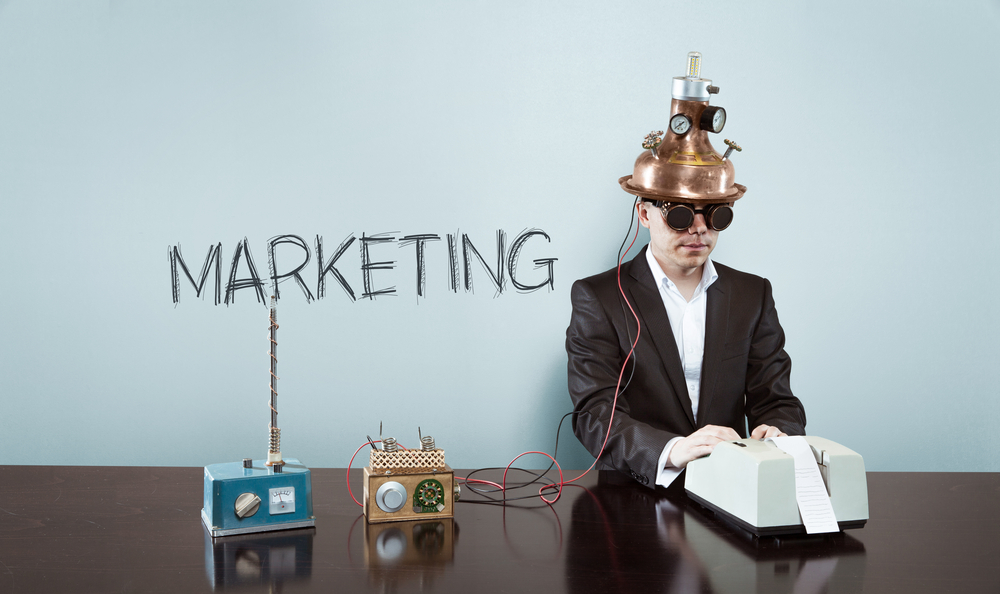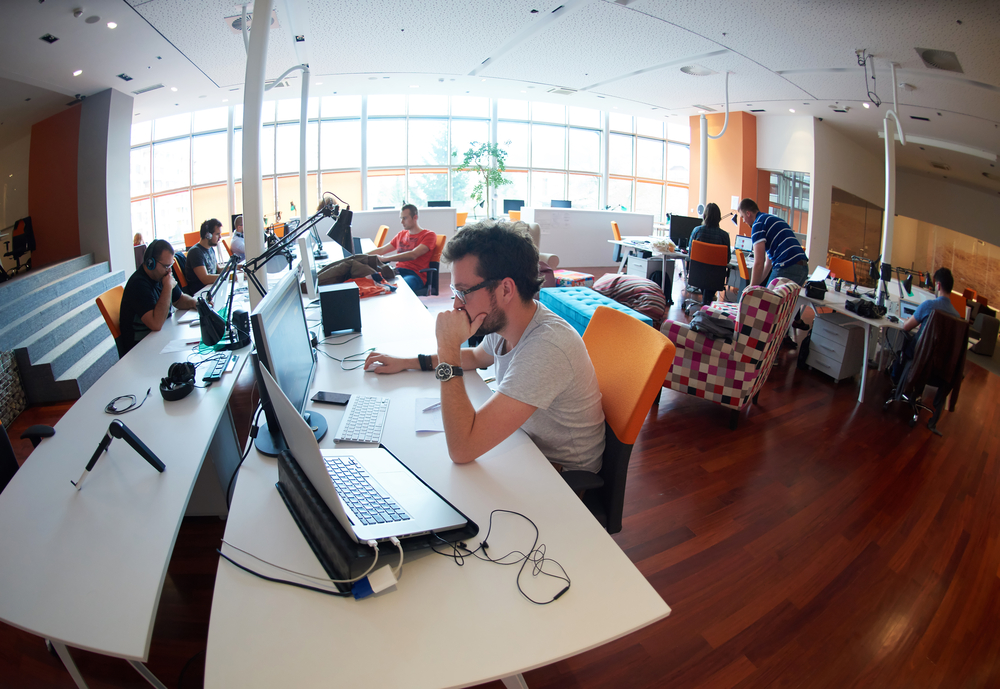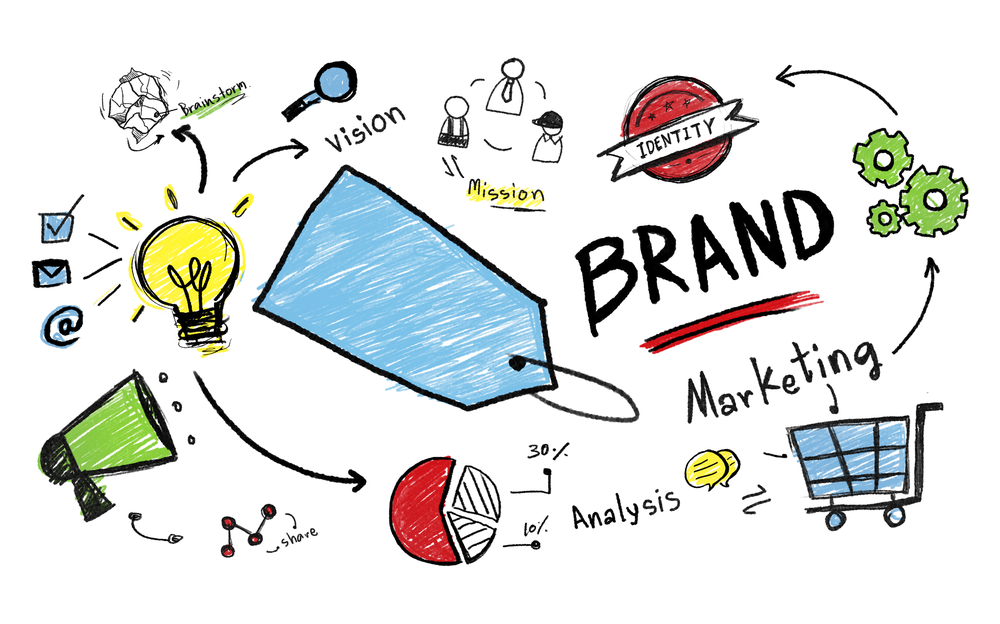Set up by former Twitter and NBA London employees, Fifty-Three Six is a strategic one-stop shop digital strategy agency for sport. Here co-founder Tom Fox discusses their business.
Fifty-Three Six is an award-winning sports marketing agency that specialises in video production, performance marketing and digital strategy.
How did Fifty-Three six begin?
I was working in Twitter and in September 2016 one of my best friends from school, Marcus McDonnell, came in for lunch and to catch up. Having worked in sports rights and sponsorship in London with the NBA and Pitch International, he told me about how he felt there was a big opportunity in branded content and video in sports in general. Fans were being left short with the quality of video and there was a knowledge gap in how to effectively distribute it. He had already made the move by quitting his job in London, moving back to Dublin to focus on this full time.
I listened and told him how I had been thinking about starting my own business and felt similarly about the market, particularly on the digital distribution side. I had initially worked in sales in Twitter, specialising in sports and mobile, and had built up a solid knowledge of the digital marketing landscape.
I remember going home that evening and texting him saying ‘should we talk??’ As a fervent sports fan and prolific consumer of sports media, I was immediately excited by the prospect. It accelerated from there and we began officially trading in January 2017.
We were fortunate to land some big clients in the sport industry early on and as we evolved, so did our proposition. We identified an opportunity early to not only distribute video content but to also use that content to produce meaningful results for businesses and drive tangible sales. Our mantra became: We convert fans into customers.
How did the name Fifty-Three Six come about?

We wanted the company to mean something to us, not to just be another buzzword and Marcus had the idea of rooting our name in where we come from. The name represents the coordinates of Dublin on a map: 53 degrees north and six degrees west.
Having both worked in multiple markets, we were aware that the talent in Dublin and Ireland is right up there with the best. As we continue to grow as a company, our ambition is to continue to export this talent on a global scale.
How did you get your first clients?
In the early stages, we primarily focused on our network. Having worked in big companies that were present in multiple markets, we were fortunate to have strong relationships within relevant companies, both in the UK and Ireland.
Coming from a sales background, we also identified verticals that made sense for our offering and prospected some key clients within those industries. We hit the ground running, landing some projects with the likes of the NBA, Allianz and Sky Bet within the first few months, and haven’t really looked back since.
“We identified an opportunity early to not only distribute video content but to also use that content to produce meaningful results for businesses and drive tangible sales”
Is there anything you would change about starting the company in hindsight?
To be honest, there isn’t really. Starting your own business is a steep learning curve and of course, we have made lots of mistakes along the way, but those learnings are probably as important as the successes. We were lucky to have lots of help from friends, families and mentors in the early stages who collectively managed to keep us on a stable footing.
What are your biggest accomplishments to date?
It’s difficult to deduce two and a half years into a few accomplishments but a recent one that stands out is delivering our first TV ad (for eir) and seeing it broadcast during the Sunday Game. We are digital first as an agency but having something that visible to the masses was a great buzz and one for the mammies!
Another project that comes to mind is the feature length documentary on concussion, Knocked, we produced for Rugby Pass. The core message of the documentary was heightening the education around concussion, both for the professional and amateur game. To be given the opportunity to spread the message of safety within rugby to a global audience was a real pleasure.
“Focus on the plan and not get too distracted by shorter term, lower value opportunities”
On the digital side, we have ongoing relationships with the likes of the FA, Munster Rugby, IRFU and Racing TV and to be able to deliver consistent ROI for them is what we’re all about.
Finally, getting to work within the GAA environment has been special and we’ve loved telling the stories of some amazing events and people. From Gaelic Sunday to Boidu Sayeh and Tadhg Morley, there truly is something unique about the GAA and its people.
What are the plans for the future?
We are currently hiring for a number of roles in our Dublin office to support the content production side of our business. We also have a London base and growing our presence on the ground in the UK will be a priority for us over the next year. Longer term, we hope to have multiple offices around the globe and establish ourselves as one of the pre-eminent sports marketing agencies in the market.
“There is nothing more important than your time and how you use it will shape the future of your business”
What do you think is the number one issue in the market at the moment?
We manage a lot of digital media across multiple channels, and there’s still a lot of work to be done around attribution, viewability and trust. As an agency we pride ourselves on true and tangible results but digital media platforms and providers often don’t make it easy with each claiming attribution and offering intentionally vague or confusing metrics.
Demand from the market seems to be driving change here with the likes of Facebook Attribution and Google 360 providing a more holistic view of how your ads are performing across all your digital channels.
Is there any advice you would give to an entrepreneur entering the digital marketing space?
If I had one piece of advice from our journey, it would be to focus on the plan and not get too distracted by shorter term, lower value opportunities. There is nothing more important than your time and how you use it will shape the future of your business.
It’s not always easy, especially in the early stages as you look to get money in the door, but sticking to your guns will help build a more sustainable business. As a parting piece of advice, my former boss in Twitter, Barry Collins, told me: ‘Don’t sweat the small stuff. Remember the 80/20 rule – spend 80% of your time on the top 20%.’
How do you think innovative technologies are going to affect your market in the coming years?
On the digital media side, you’d have to think automation is going to start playing a much bigger role in online campaign execution. In the future I think we’ll see digital teams like us playing a more consultative and strategy driven role, whilst the actual media implementation becomes more and more automated. The technology and algorithms will simply be a more efficient and time-effective way of buying media.
The personalisation of ads is also something that is starting to feel closer and closer as we move away from wastage and low value impressions.
By Barry Walsh
Published on 22 July, 2019





